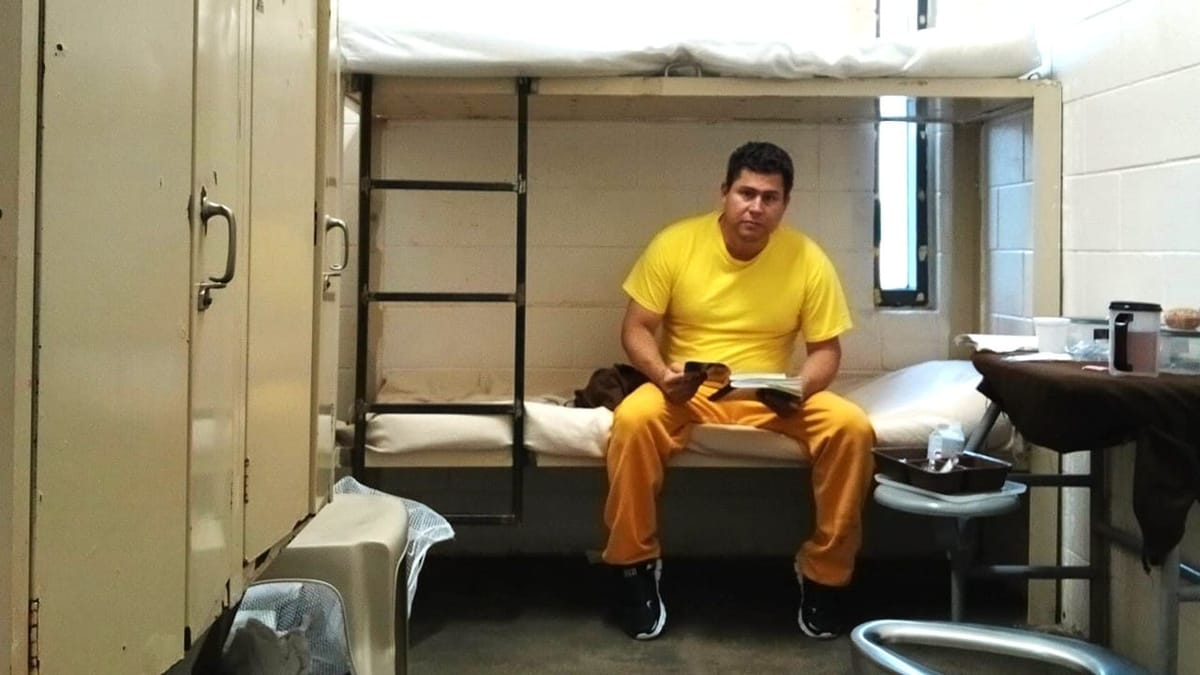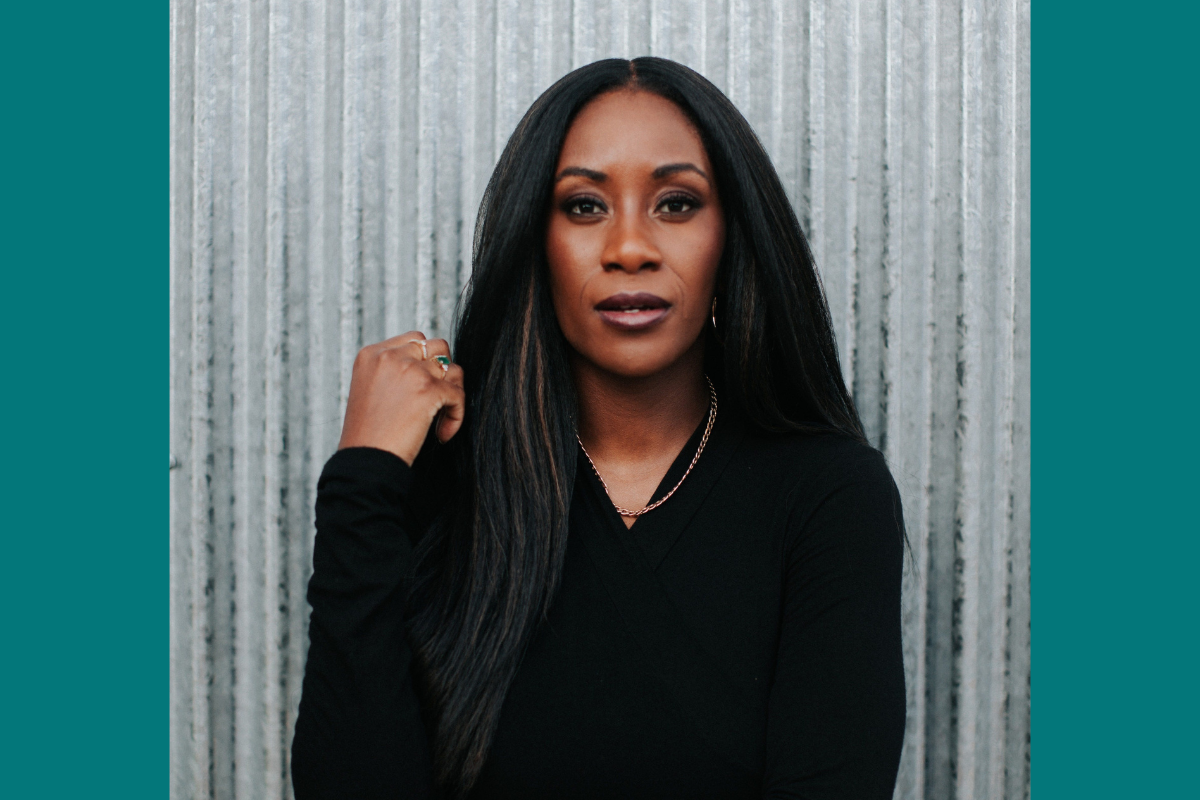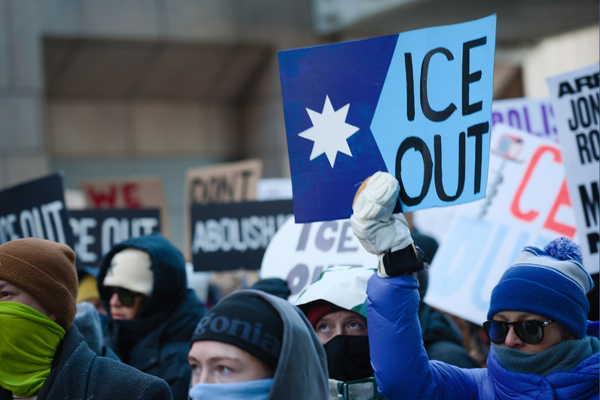Trump’s Attacks on Free Speech Are Way Bigger Than Just Late-Night Comedy
This administration tries to muzzle dissent and the truth every day

Monday marked 100 days of detention for reporter Mario Guevara, who has been held in U.S. custody since June 14 after he was arrested while covering a protest in Atlanta. Guevara came to the United States legally more than 20 years ago and was conducting constitutionally-protected journalism when he was seized. There are no charges against him, and a judge ordered his release back in July — yet he remains in a rural south Georgia jail, largely unreachable and in solitary confinement while being threatened with deportation at any moment.

The pressure to release Guevara has been mounting over the last week. Just this afternoon, I participated in a press conference along with the ACLU and legal partners to demand his immediate release.
In a hand-written letter that The Bitter Southerner published last Friday, Guevara noted, “Many times I wake up angry, other times very sad or frustrated. I miss my loved ones and miss freedom more than ever. I don’t know why [U.S. Immigration and Customs Enforcement] ICE wants to continue treating me like a criminal. It pains me to know that I have been denied every privilege and the right to be free when I have never committed any crime.”

On the 100th day of his detention, Guevara still sounded resolute. He shared a sober view of freedom in the United States in another hand-written letter: “Life isn’t always fair. If they deport me, I’ll leave with my head held high, because I’m convinced it will be for carrying out my journalistic work and not for committing crimes.”

Maybe the news about Guevara hasn’t reached as many folks as Jimmy Kimmel’s removal from the air last week. (Good news: Kimmel is scheduled to be back Tuesday night after significant public pressure and a boycott of Disney.) The bad news is that these attacks are all connected: part of the Trump administration’s big, ugly authoritarian assault on everyone’s freedom to speak out.
Recent examples
Over the last week, the Pentagon told reporters that they “must sign a pledge not to gather any information, including unclassified reports, that hasn't been authorized for release,” according to NPR.
Meanwhile, Mahmoud Khalil was ordered by immigration authorities to be removed and deported for his free speech in support of Palestinian rights.
Then there is the case of former Washington Post opinion writer Karen Attiah, who was fired for social media commentary about white men. Although Attiah’s case did not involve the federal government, the Post’s owner, Jeff Bezos, seems intent on bending a knee at every opportunity to showcase his allegiance to Trump.

But that’s not all that happened this month. Here is just a brief rundown:
- The Department of Homeland Security has threatened to limit the time foreign journalists can stay in the country.
- Images of slavery and tribal nations will be wiped from federally-run museums and national parks because Trump feels U.S. history has been cast too negatively.
- The Department of Justice scrubbed a study from its website, finding that far-right domestic terrorists have killed more people than any other group since 1990.
- Trump sued the New York Times, threatened to classify people who critique Charlie Kirk as terrorists.
Since January, the list of attacks, rollbacks, lawsuits and personal vendettas Trump carries are far too numerous and frequent. The government’s pervasive attack on speech — whether it’s prohibiting access to news and ideas or undermining the freedom to protest without being teargassed and detained — should concern all of us. Why? Because the whole point is to create enough fear of retaliation that we self-censor, that we stay silent, that we give up altogether.
Former Ugandan dictator Idi Amin once ominously warned, “There is freedom of speech, but I cannot guarantee freedom after speech.” Trump embodies this ethos in hopes that dissent will die off and that he will be left to amass total unitarian power absent any checks or balances.
But the beauty of democracy is opposition, debate and inquiry. The public outrage response to Kimmel's cancellation showed everyone what we can do when we push back. We need to push back a lot more. We need those with power and privilege — congressmen, university presidents, local officials and corporate media executives — to push much harder.
The lesson here is that we must resist and refuse to roll over. We must use our voices while we still have them.
For Mario Guevara. For Mahmoud Khalil. For Karen Attiah. For all of us.
Open tabs
A new #FreeMario website, from a coalition of press-freedom groups, including Free Press, is providing the latest updates to Guevara's case.
As for the Kimmel news, Free Press would like to remind us all that this issue goes way beyond Kimmel getting back on the air.
“The Trump regime’s war on free speech is no joke — and it’s not over. Brendan Carr threatened the licenses of ABC affiliates with coercive, mafia-like threats because his boss in the White House didn’t like Kimmel’s views, a chilling First Amendment violation that would have forced any previous FCC chair to resign,” Free Press Co-CEO (and Pressing Issues author) Craig Aaron said.

ICE is (once again) being scrutinized for how freely it works closely with Palantir to gather data and track individuals. In an explosive story from The Guardian published Monday, “a cache of internal ICE documents – including hundreds of pages of emails between ICE and Palantir, as well as training manuals, and reports on the use of Palantir products – offer some of the first real-world examples of how ICE has used Palantir in its investigations and during on-the-ground enforcement operations.

The kicker
“If we are ever going to get out of this, we have to contend with the concentration of power of these massive media owners who have always played a role in undermining the realization of a multiracial democracy,” Free Press’ Joseph Torres, as quoted in the Seattle Times
About the author
Nora Benavidez leads Free Press’ democracy, free speech and tech initiatives, including its policy, legal and campaign efforts to curb disinformation, hate and other manipulation online while protecting digital civil rights, privacy and free expression. Follow Nora on Bluesky.











